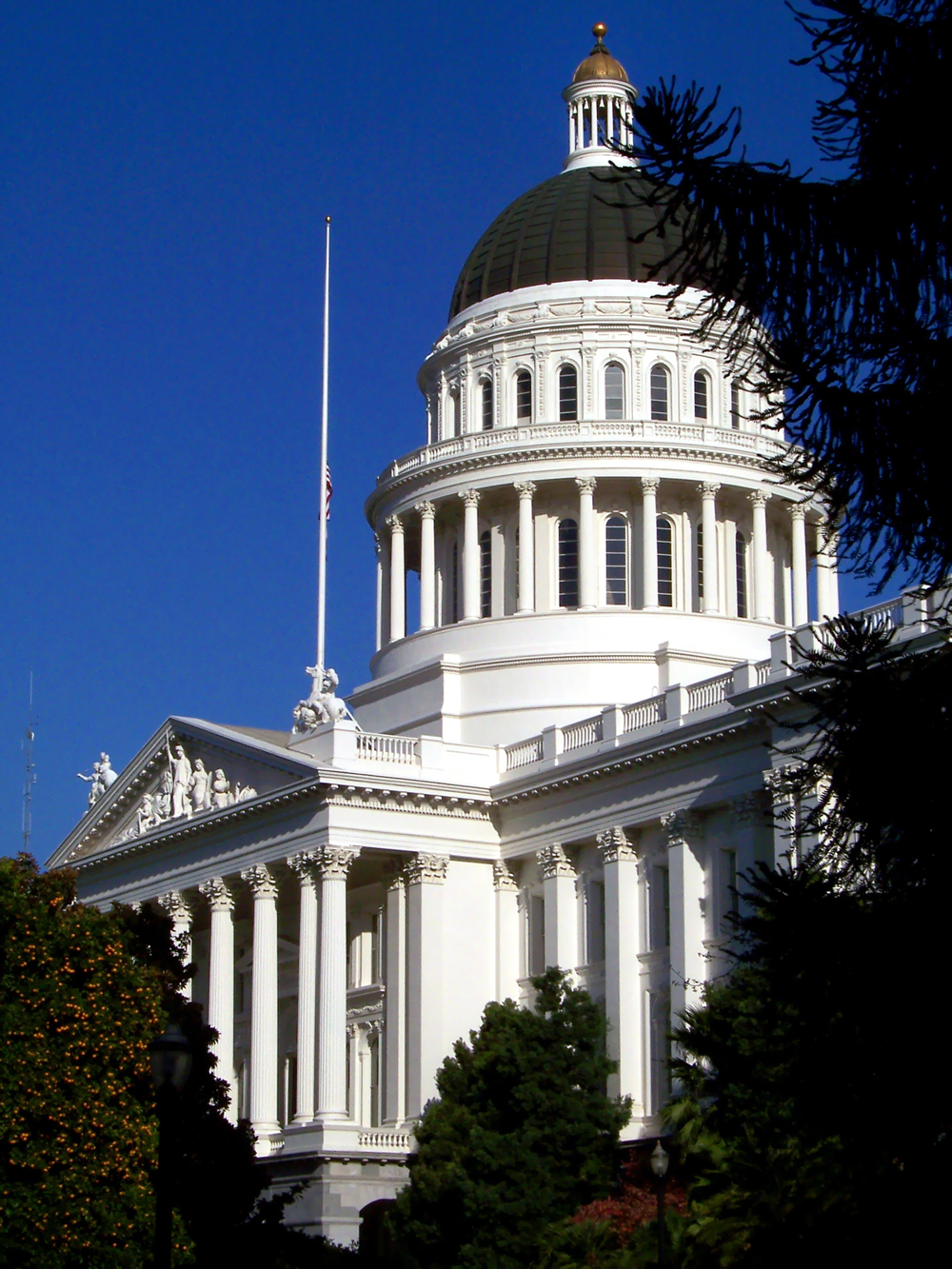 By Kathryn Phillips
By Kathryn Phillips
Sierra Club California

Another two-year legislative session has begun and already, just weeks in, the unpredictable has become the norm.
The legislature was scheduled to return to business on Jan. 4, but as most of California suffered from another surge in Covid-19, the legislature postponed the start of business until Jan. 11. And in this era of much-needed caution, “regular” really isn’t that regular.
The Capitol Building itself is closed to most and legislative hearings are conducted in a way that allows the public to call in to provide testimony and comment. This approach is to reduce the number of people in the capitol building and to protect against unnecessary Covid risk.
Additionally, leadership in the Assembly is encouraging members to limit the number of bills they carry since scheduling and running committee hearings takes more time than during a normal year.
The deadline for getting bills introduced this year is Feb. 19. So far this year, about 80 bills have been introduced that have environmental content; that number will likely increase substantially, but we don’t expect it to be as high as during normal years, when bills with environmental keywords can exceed 600.
This year we expect to see a couple of bills that will put the oil and gas industry on edge. One will ban fracking; another will try again to ensure public health protection from new oil and gas drilling. We also expect to see bills that will address how to make sure that, as oil and gas use and production decline in the state, that there are other good jobs and job training for the former oil and gas workers.
A handful of bills that would reduce the use of gas in new buildings, including new public buildings, have been introduced. Additionally, we expect to see bills that try to determine how to better prepare for the effects of climate change, particularly sea level rise.
There will be another effort to reform the Department of Toxic Substances Control, and the governor included in his proposed budget in January fee increases to support the reformed agency. That will require a two-thirds vote in the legislature.
The governor has also proposed funding incentives to help more rapidly move away from internal combustion engines in vehicles. This will help reduce air pollution and climate pollution.
As bills are filed, our staff research and analyze them, develop suggested positions, and then take those suggested positions to our volunteer legislative committee who establish the final position on the bill. By mid-March, we will post a list of priority bills on our website.
Individual Sierra Club members and local Sierra Club chapters should not independently take positions on bills. If a bill arises that a member or local chapter believes should have a Club position, please email our legislative committee chair Patricia Jones who can ensure the committee considers it:
sierraclubpatricia@gmail.com
Also, if you want to track particular bills or learn more about a bill’s status, the state has an excellent bill information system online at http://leginfo.legislature.ca.gov